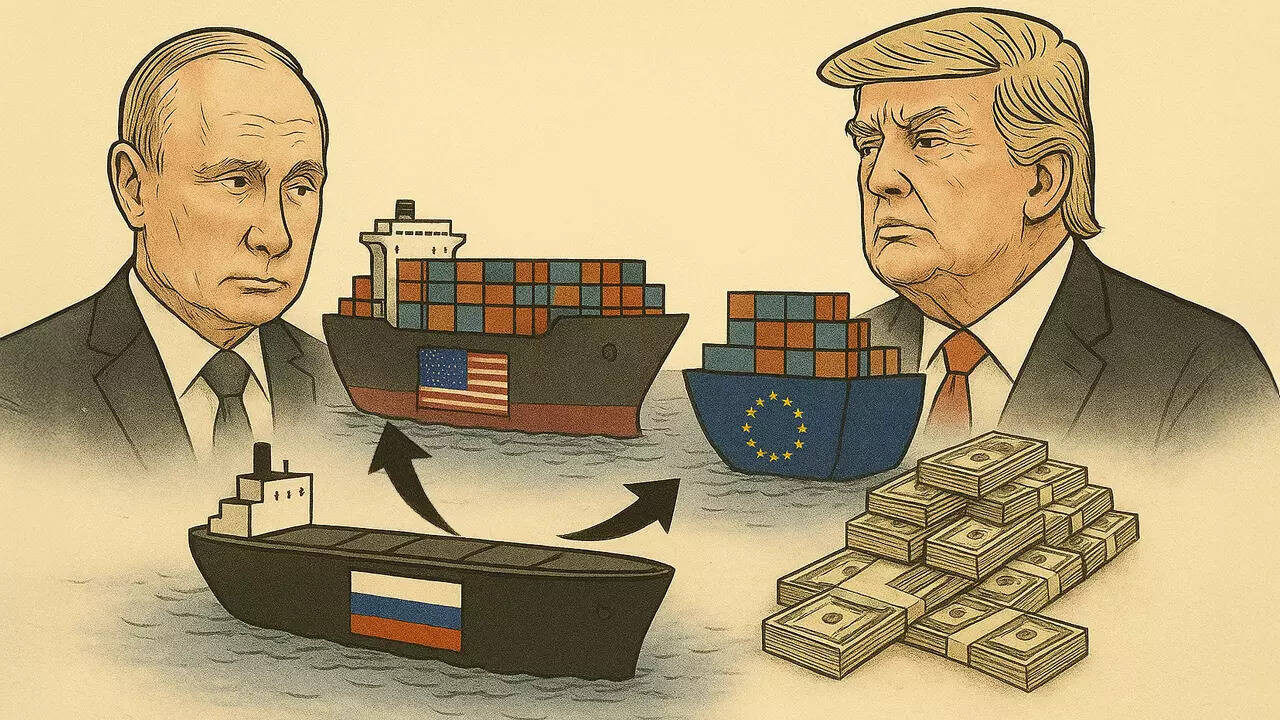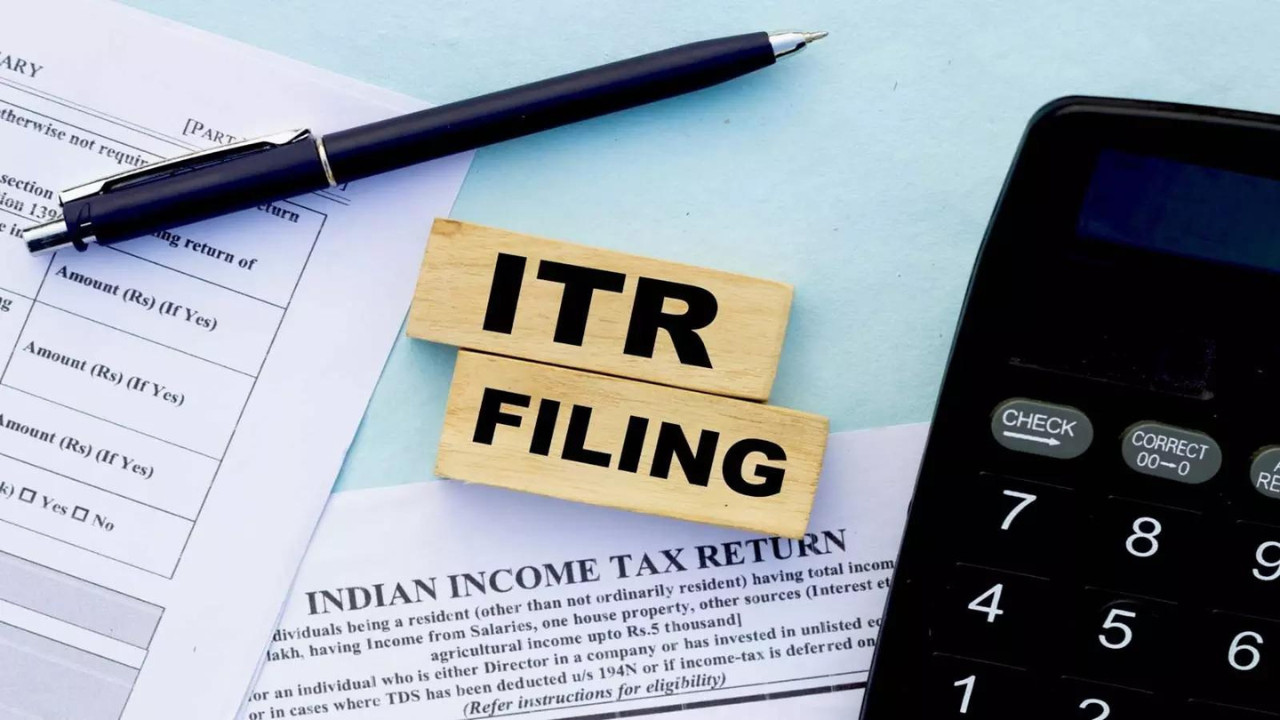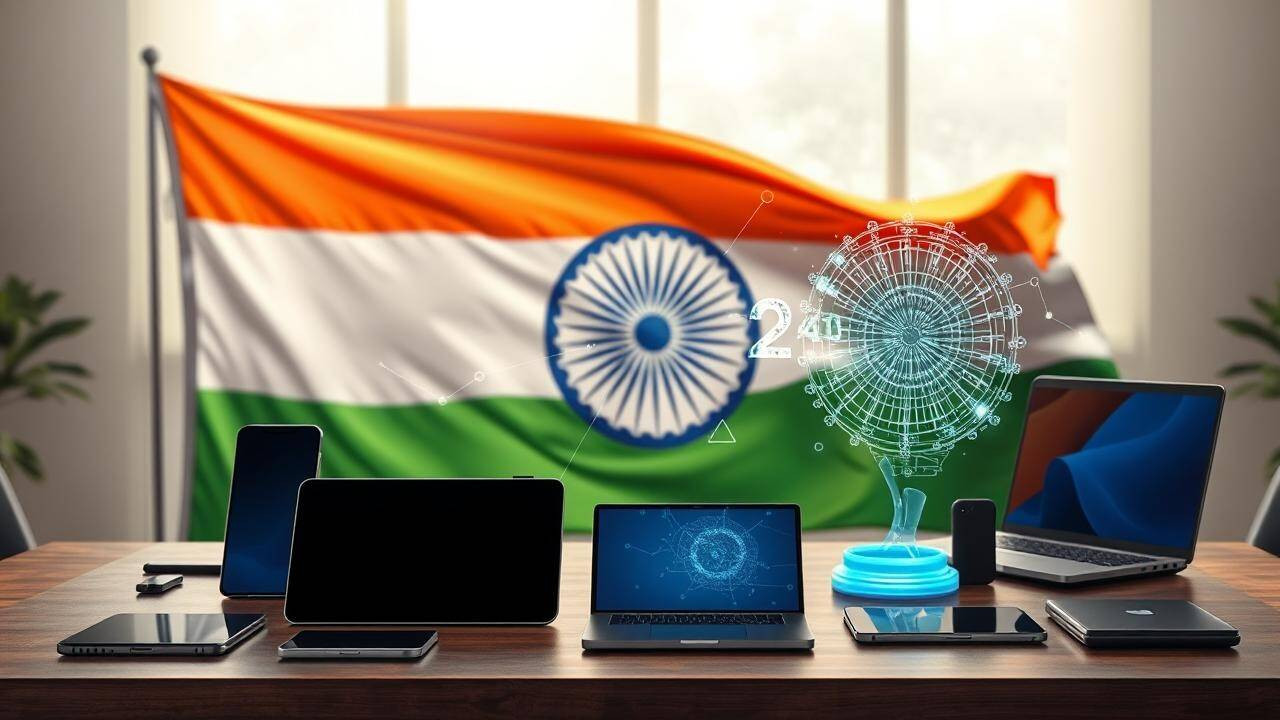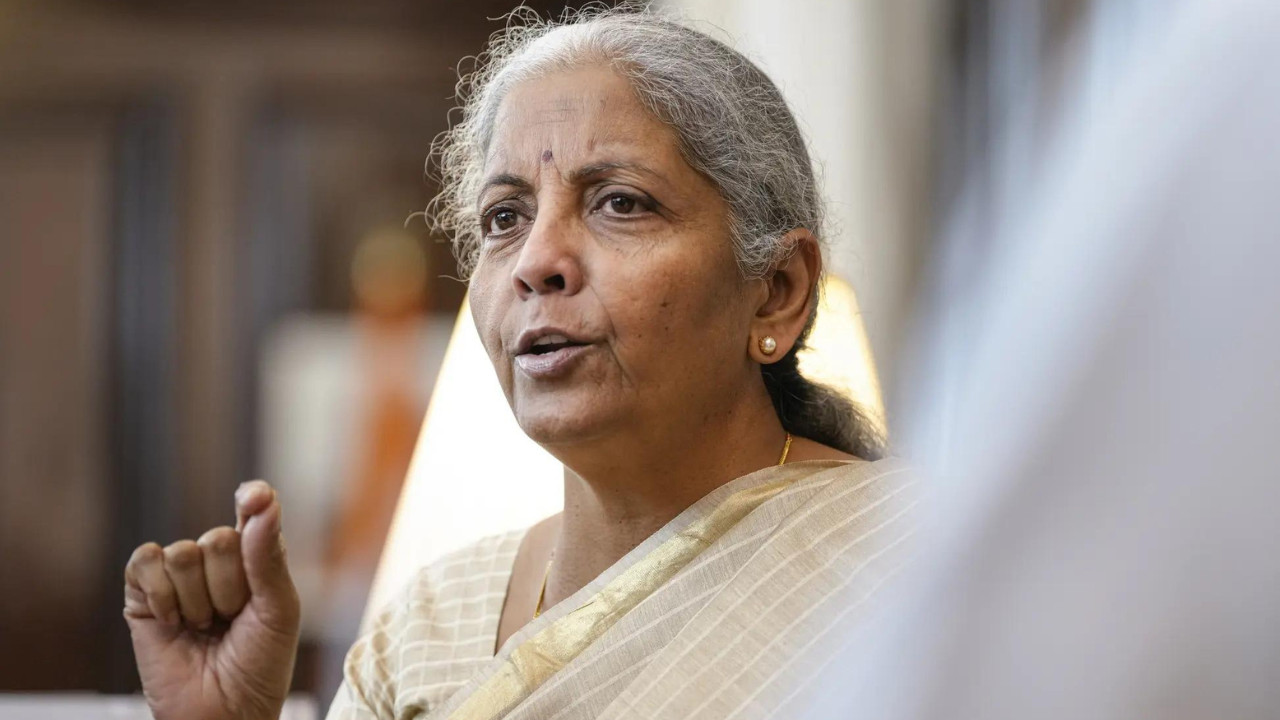Donald Trump has criticized India for its continued oil and arms purchases from Russia, leading to a 25% tariff imposed by the US. Despite this, both the US and EU continue significant trade with Russia, importing billions worth of goods.
The Curious Case of Crude Oil and Conflicting Narratives
The global energy market – it’s a tangled web, isn’t it? A complex dance of supply, demand, and geopolitical maneuvering, where accusations fly faster than a barrel of oil can be traded. Recently, the spotlight’s been on India, facing scrutiny for its continued purchase of Russian crude. But is the narrative as straightforward as it seems? Let’s dive a bit deeper and see if the finger-pointing is truly justified.
Why India’s Russian Crude Oil Purchases Raise Eyebrows
Following the Russia-Ukraine conflict, the US and EU imposed sanctions aiming to cripple Russia’s economy, particularly its energy sector. India, however, has continued to import Russian oil, albeit at discounted prices. This has drawn criticism from some quarters, who argue that it undermines the effectiveness of the sanctions and provides Russia with a vital revenue stream. The core argument goes that buying Russian crude oil essentially funds the war effort. But is India truly the outlier here, or is there more to the story?
A Closer Look at the Numbers: It’s Complicated
While India’s increased reliance on Russian oil is undeniable, a closer examination reveals a more nuanced picture. For starters, consider the sheer volume of energy required to fuel India’s burgeoning economy. India, the world’s third-largest consumer of oil, simply cannot afford to completely cut off a source that offers competitive pricing, especially when other options are limited and often more expensive.
But the real kicker lies in the West’s own trade relations with Russia. Despite the sanctions, substantial trade continues between the US, the EU, and Russia. We’re talking billions of dollars worth of goods and services – not just oil. This includes critical sectors like pharmaceuticals, technology, and even certain energy-related products.

The Sanctions’ Labyrinth: Loopholes and Legacies
The sanctions themselves are far from airtight. Loopholes exist, allowing for the continued flow of certain goods and services. Moreover, the pre-existing trade relationships between Western nations and Russia are deeply entrenched, making a complete and immediate severing virtually impossible without causing significant economic disruption within their own borders. It’s a delicate balancing act of trying to pressure Russia while minimizing the impact on domestic economies.
Furthermore, it’s worth remembering that many European countries are heavily reliant on Russian gas, which is transported via pipelines that cannot be easily replaced in the short term. While efforts are underway to diversify energy sources, the transition is a gradual process. This ongoing dependence inevitably softens the blow of sanctions.
Strategic Imperatives and Economic Realities
Ultimately, India’s decision to continue purchasing Russian oil is driven by a combination of strategic and economic factors. Securing affordable energy is crucial for India’s economic growth and development. With a massive population and ambitious growth targets, access to reasonably priced resources is paramount. India also maintains a long-standing policy of non-alignment, preferring to navigate international relations based on its own national interests. This means that while India condemns the violence in Ukraine, it also prioritizes its own energy security and economic stability. This is in line with other nations which balance morality with their national interests.
A Question of Perspective
Instead of solely focusing on India’s actions, perhaps a broader perspective is needed. The global energy market is interconnected, and the impact of sanctions is complex and multifaceted. To truly address the issue of funding Russia’s war efforts, a more comprehensive and coordinated approach is required – one that acknowledges the economic realities and strategic imperatives of all nations involved. Continuing to engage with these kinds of topics and reading content like “India’s Evolving Role in the Global Economy” can help provide broader context.
In conclusion, the narrative surrounding India’s purchase of Russian crude oil is far from simple. While concerns about undermining sanctions are valid, it’s crucial to consider the larger context of global trade, energy dependence, and strategic priorities. A more nuanced understanding is needed to navigate the complexities of this issue and find solutions that are both effective and equitable.







